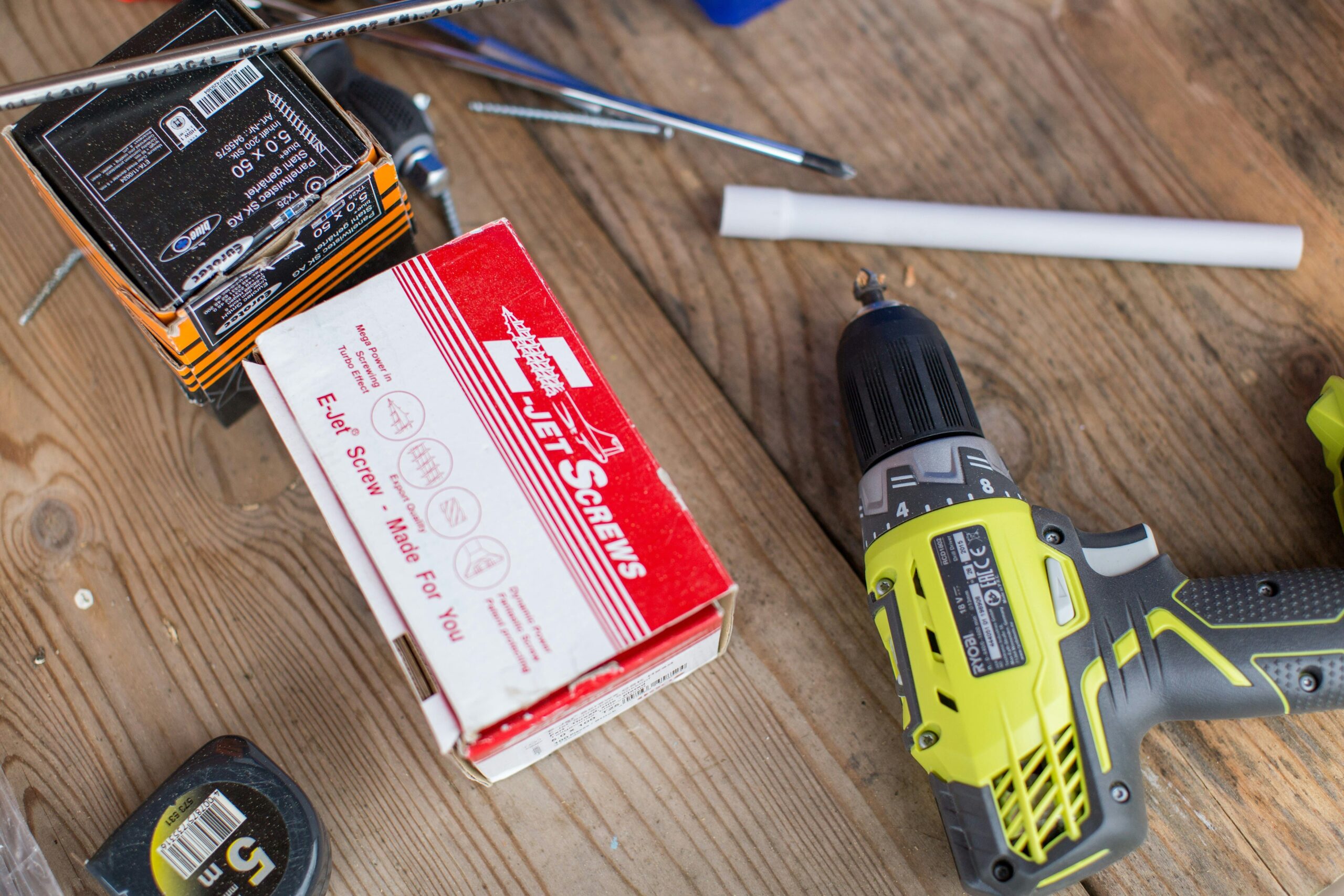
What is your tenant responsible for when moving out?
When a tenant moves out, there’s more to it than just returning the keys and waving goodbye. As a property owner, it’s important to understand what your tenant is responsible for during the vacating process so you’re not left sorting out issues that should have been handled.
In Western Australia, tenants have specific obligations they need to meet before moving out. This includes cleaning, repairs, and returning the property in the condition it was in at the start of the lease, aside from fair wear and tear. If those boxes aren’t ticked, it could mean deductions from their bond or delays in getting the property ready for the next tenant.
In this guide, we’ll walk through exactly what your tenant should take care of before they move on, so you can feel confident the transition is handled properly.
What your tenant needs to do before moving out
1. Provide proper written notice
Tenants must give written notice of their intention to vacate. The amount of notice depends on whether they’re on a fixed-term or periodic lease. For periodic leases, it’s typically 21 days. For fixed-term agreements, they can leave at the end of the term with 30 days’ notice, but breaking the rental agreement early has different rules (more on that below).
Make sure you’re across the relevant notice periods, especially if things aren’t going according to the original lease timeline.
2. Leave the property clean

Your tenant is expected to return the property in the same condition it was in when they moved in, allowing for fair wear and tear. This is where the Property Condition Report (PCR) comes into play. It’s the official record of how the property looked at the start of the lease, and both parties should use it during the final inspection.
If there were cobwebs in the back shed when they moved in, they don’t need to clear them now. But if the oven was spotless and now it’s greasy, that’s their responsibility to clean.
While tenants don’t have to arrange a professional cleaner, they do need to meet the same standard the property was in at the beginning. In some cases, if carpets were professionally cleaned before the tenancy began and that’s documented in the PCR, they may be expected to do the same before moving out.
To avoid any disputes, they should:
- Clean floors, walls, windows, kitchen appliances, and bathrooms
- Remove all rubbish and personal items
- Leave outdoor areas tidy
3. Repair any damage (beyond fair wear and tear)
Tenants are responsible for repairing or covering the cost of any damage they caused during the tenancy. This doesn’t include general wear and tear like faded paint or minor carpet wear, but it does include:
- Patchable wall damage (hooks, scratches, dents)
- Broken fittings or fixtures
- Any unauthorised alterations
If something’s broken, stained, or noticeably different from the property’s condition report at the start of the lease, it’s likely their responsibility.
4. Return all keys and devices
All keys, remotes, garage fobs and access cards must be returned by the vacate date. If anything is missing, you can charge for replacements or, in some cases, for lock changes.
5. Be available for the final inspection
Once the tenant has vacated, you’re required to offer them the chance to attend a final inspection. This is where you’ll both compare the property’s condition against the original entry report. It’s also your opportunity to identify anything that might impact the bond return.
Photos, videos, and clear documentation make this process easier and help avoid disputes.
What happens to the bond?
Once the tenant has vacated, completed their responsibilities, and the final inspection is done, it’s time to look at the bond.
In WA, the bond is held by the Bond Administrator, not the landlord or agency, and it’s only released once both parties agree on how it should be paid out. If everything’s in order, the bond can be returned in full to the tenant. But if there are outstanding issues, you can claim part (or all) of it to cover costs.
You can make a claim if the tenant:
- Left the property in a worse condition than when they moved in (excluding fair wear and tear)
- Caused damage that wasn’t repaired
- Didn’t clean the property to an acceptable standard
- Failed to return all keys, remotes, or devices
- Owes rent, bills, or other agreed costs
The key here is evidence. Your final condition report, photos, invoices or quotes for repairs, and a well-documented inspection process are your best tools if there’s any dispute.
If both parties agree, a joint application can be submitted to release the bond. If there’s disagreement, either party can lodge a dispute and the matter may go through the Magistrates Court.
Breaking a lease early
Sometimes tenants decide to move out before their lease is up. Life happens, such as job relocations, personal reasons, or just a change of plans. In WA, breaking a lease early isn’t illegal, but it does come with strings attached.
If your tenant wants to end a fixed-term lease early, they’re effectively breaking a contract. They can do this, but they’re generally required to cover any reasonable costs you incur as a result. This can include:
- Rent until a new tenant moves in or until the original lease ends (whichever comes first)
- Advertising and re-letting fees
- Compensation for lost income if there’s a vacancy
The important part is that these costs must be reasonable. You can’t charge for expenses that wouldn’t have happened anyway, or inflate prices. For example, if you charge a re-letting fee, it must match what your agency normally charges, and advertising should begin promptly to reduce vacancy time.
There are some exceptions, such as if the tenant is leaving due to family or domestic violence. In those cases, they’re protected under specific tenancy laws and shouldn’t be penalised.
If the tenant breaks lease and disputes arise, documentation is again your best friend. Keep written records of all communication, expenses, and timelines.
Final to-dos (the little things that still matter)
Even after the cleaning’s done and the inspection is wrapped up, there are a few final details your tenant should take care of before the keys are officially handed back.
These small steps can make a big difference in preventing headaches for both parties.
Utilities and meter readings
Your tenant should contact all utility providers (electricity, gas, water, internet) to:
- Request final meter readings
- Settle any outstanding accounts
- Disconnect or transfer services as needed
Mail and address updates
They’ll also need to update their address with:
- Banks, insurance, Medicare, and any government services
- Drivers licence and vehicle registration
- Workplaces, schools, or subscriptions
It’s a good idea to suggest mail redirection through Australia Post. Future tenants aren’t responsible for forwarding their mail, and neither are you.
Bins, rubbish, and leftover items
Make sure all rubbish is removed, bins are emptied, and no random furniture is left behind. If items are dumped or left behind, you may need to organise disposal (again, potentially at their cost).
When everything’s ticked off, all that’s left is to collect the keys, complete your records, and prepare for the next tenant.
Let us handle the move-out mayhem
Managing the end of a tenancy isn’t always as simple as handing over keys and waving goodbye. From inspections and cleaning standards to bond disputes and unexpected repairs, there’s a lot that can pop up (especially if you’re trying to juggle it all yourself).
That’s where we come in.
At Semple, we make property management in Perth simple, efficient, and stress-free. Our team knows exactly what to look for when a tenant vacates and how to handle the process from start to finish. We’ll take care of the final inspection, manage communication with tenants, handle bond claims if needed, and make sure your property is ready for its next chapter.
If you’re ready to have a team in your corner who deals with all the bumps in the road, get in touch with us today.
Related Articles

Preventive maintenance checklist for property management

Should you sell before you buy a house? Here’s the pros and cons


